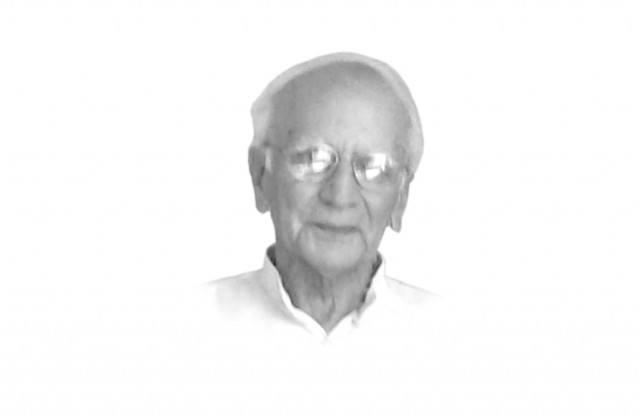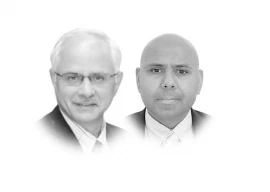
After suppressing the great Indian uprising in 1857, the government in London decided to take over the rule of the Company. The danger of preventing a possible revolt or an uprising on the pattern of the American war of independence was sorted out in a most ingenious way under the Government of India Act of 1858. Scrapping the executive and legislative authority which the governor general had under the legislations of 1773, 1783, 1786 and 1833, the Act of 1858 vested all executive authority in the officers of the newly created civil service who were not put under the governor or governor general but were directly covenanted to the Secretary of State for India in London. To put a stop to the loot and plunder of the people of India by the civil and military officers, the Crown barred all British personnel from purchasing any property or starting a business on the soil of India.
The high offices of the governor general and governors were reduced to mere post offices for sending reports and receiving policy directives from London. However, the pomp and show of the Viceroy, next only to that of the Queen in London, was maintained.
From 1860s onwards, India stood divided into as many governments as there were districts. The Deputy Commissioner who was also the Collector and the District Magistrate, all in one, was like a mini-monarch. The intelligence agencies and the executive officers in the field were the eyes and ears of the government. The district magistrate had available the colonel of the nearby army garrison to come to his aid as requisitioned. The 1858 constitution of India gave no representation whatsoever to the people of India. They had no say in the running of the state.
The period between the retirement of Lord Canning, 1862, and that of Lord Curzon, 1905, was the high noon of the British imperial power in India. Not merely in India and not merely of the British, the imperial glory of the western nations touched its zenith in the last quarter of the nineteenth century. They had colonised the remotest parts of Planet Earth and had not fought a major war among themselves since 1845.
Scientific advances, the triumphs of industry, technology and financial institutions along with popular pseudo-philosophical notions such as “the survival of the fittest”, recognised no bounds for the optimism of the white race. Britain was hugely proud of its political system in which the governments of elected representatives changed peacefully and the military was relegated to the back seat. The mission of civilising the world was accepted as the ‘white man’s burden’. The influence of the generals and admirals declined as the post-Waterloo environment receded in memory.
While signs like “Dogs and Indians not allowed” were seen at places frequented by members of high society in London, there were many among the ruling elite in London who advocated that the elected representatives of the public must be associated with the task of governing India. Prime Minister Gladstone considered it to be “our weakness and our calamity” that “we have not been able to give to India the benefits and blessings of free institutions”, which obviously implied the subordination of the military to the political authority.
The section of the British ruling elite which favoured the supremacy of the civil executive over the military and the association of Indian subjects in the process of governance continued to gain influence in the last decade of the nineteenth century. The appointment of Lord George Nathanial Curzon as governor-general and Viceroy of India was its crowning success.
Published in The Express Tribune, September 30th, 2010.














COMMENTS
Comments are moderated and generally will be posted if they are on-topic and not abusive.
For more information, please see our Comments FAQ